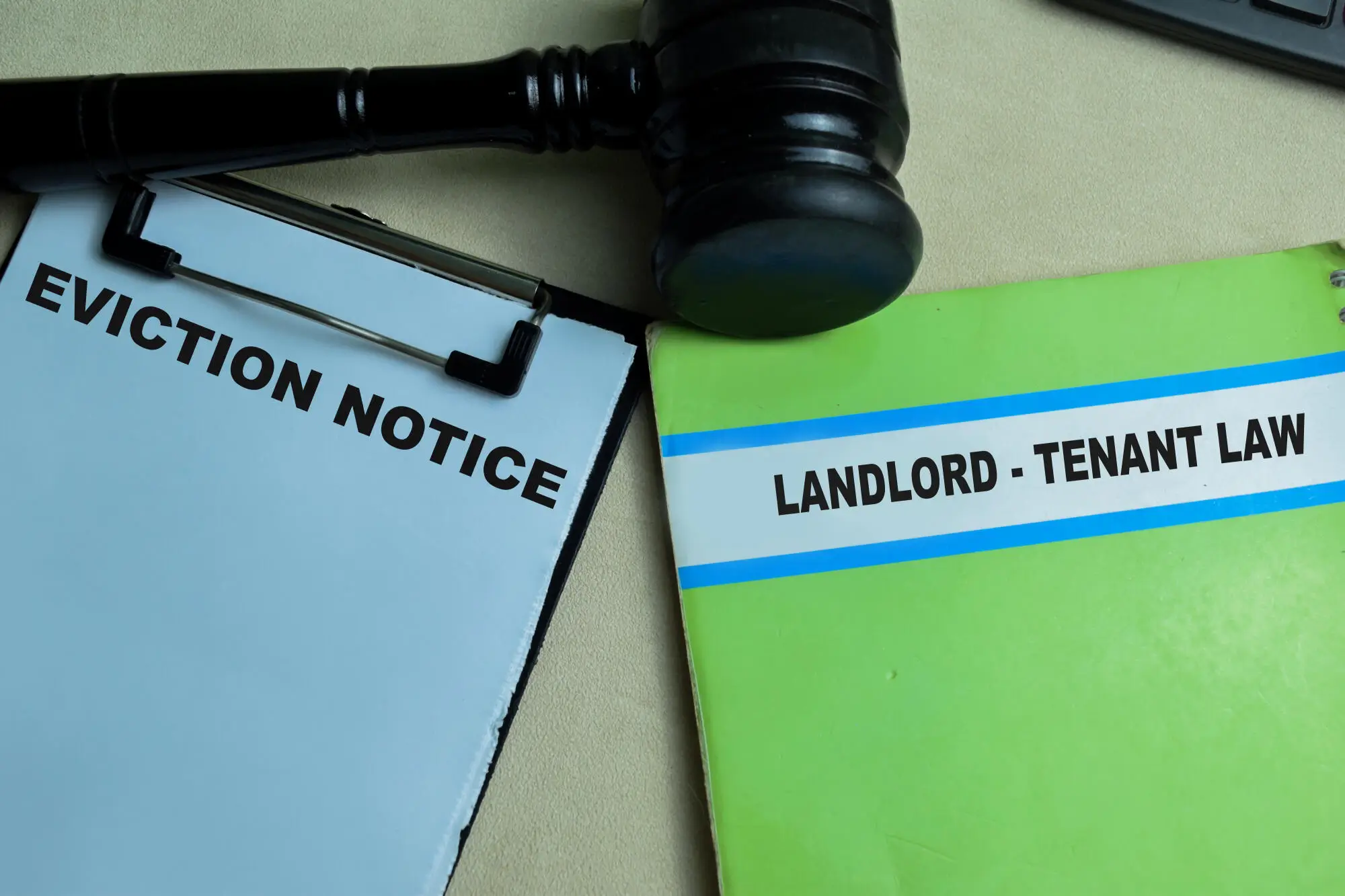The Housing Authority in Utah is attempting to prevent as many evictions as possible. Still, sometimes evictions are the only solution to specific problems.
Are you dealing with non-payment of rent, lease violations, or other tenant issues? Either way, the eviction process calls for painstaking attention to legal details.
To help you avoid pricey errors, keep reading to learn about the three mistakes landlords should avoid during St. George evictions.
1. Failing to Provide Proper Notice
One of the most critical steps in the tenant eviction process is delivering the appropriate notice to the tenant. Utah law requires landlords to give a written notice that specifies the eviction reasons. It should also give the tenant a chance to fix the situation or leave the property.
The type of violation can affect the notice period. For example, non-payment of rent usually calls for a three-day notice to pay or vacate. Other breaches of the lease may need a longer notice period.
Failing to provide proper notice is a common mistake that can delay the eviction process or even result in a court dismissal.
Incorrect or improperly delivered notices can give the tenant grounds to contest the eviction. From there, you could end up with unnecessary complications and potential financial losses.
2. Not Documenting Tenant Problems
Proper documentation is crucial when handling evictions in St. George, UT. Landlords must maintain exhaustive records of all tenant problems that justify eviction.
It should include hanging on to copies of the following:
- The lease agreement
- Written communications with the tenant
- Payment records
- Notices or warnings handed out for lease violations
Without enough documentation, proving the validity of the eviction reasons in court can be challenging.
For instance, if a tenant consistently fails to pay rent on time, it's important to document each missed payment and any relevant communication. Such evidence will support your case if the tenant disputes the eviction.
3. Ignoring Legal Procedures and Timelines
The eviction process is governed by non-negotiable legal procedures and timelines. Landlords in St. George must be familiar with the specific eviction laws in Utah. Ignoring or misunderstanding these procedures can cause a host of different problems.
One common mistake is attempting to evict a tenant without a court order. In Utah, "self-help" evictions, such as changing locks or shutting off utilities, aren't allowed. Such methods can expose the landlord to lawsuits and penalties.
The eviction process must be conducted through the court system. Landlords should seek a formal judgment before taking action.
Landlords must be mindful of the timelines associated with each step of the eviction process. It's wise to consult with an attorney who focuses on landlord-tenant law.
It's Time for Successful St. George Evictions
Paying attention to every legal detail can ensure evictions in St. George go smoothly.
PMI St. George can help you with the eviction process while offering other holistic property management solutions. From maintenance to tenant screening, our Utah team is dedicated to prompt and thorough service.
Do you want landlord tips? As a show of our expertise, the PMI team would love to offer you a complimentary rental analysis.


